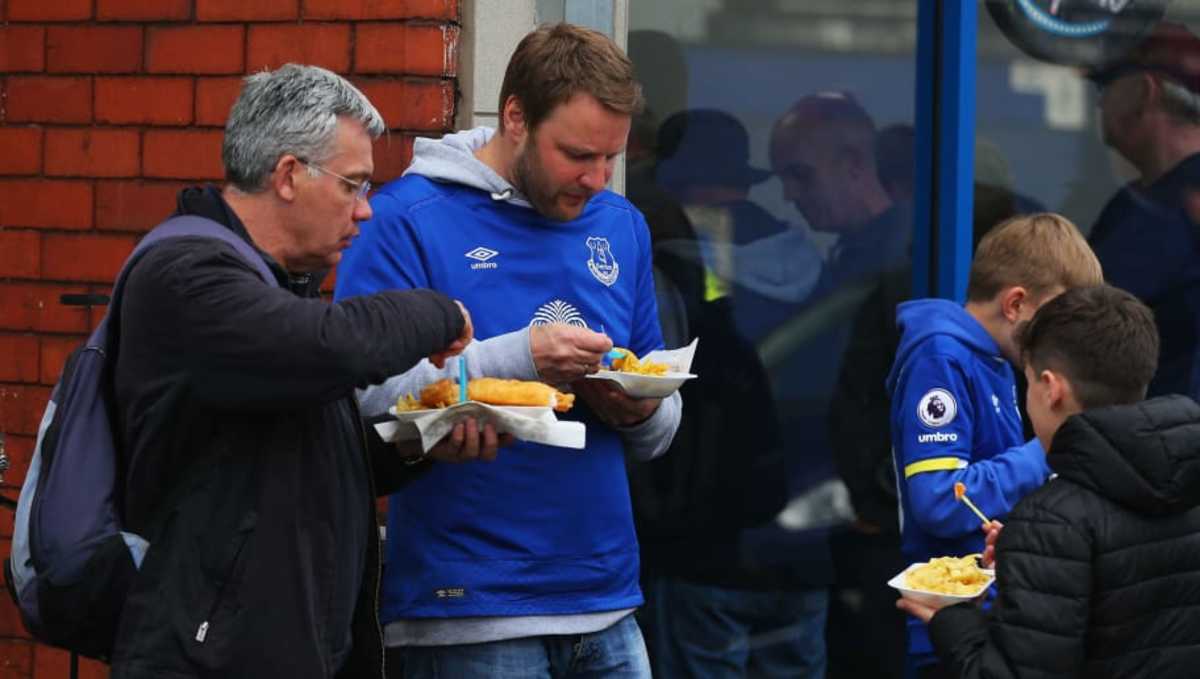REVEALED: 10 Premier League Clubs Could Have Made a Profit Without Match-Going Fans in 2016/17

As many as ten Premier League clubs could have played in empty stadiums without any fans during the 2016/17 season and still made a pre-tax profit, highlighting just how much lucrative television contracts have become a part of the business models of the Premier League football clubs.
The revelation comes from BBC Sport in a study of the first season to be affected by the current television package worth an eye-watering £8.3bn over three years.
The study also showed that in the previous season, 2015/16, only two clubs could have made a pre-tax profit had matchday revenue been taken away.
That is because annual television revenue now accounts for such a large proportion of a club's overall income (over 90% in one case) that sales of tickets to match-going fans has almost become negligible for exactly half of the clubs in the whole division.
Dr Rob Wilson, a sport finance specialist at Sheffield Hallam University, told BBC Sport: "The revenue structures of those clubs are fairly well there to stay now.
"When you get a £120m payout from the Premier League for kicking a ball around, you can play in an empty stadium if you need to," he added.
"From a revenue generation perspective, clubs do not rely anymore on matchday ticket income."
Football Supporters' Federation chair Malcolm Clarke has a different perspective, insisting that match-going fans are still the centre of it all because that is what initially creates the product being sold to television companies in the first place.
"Players and managers come and go, but we are always there. The reason that they can get lucrative TV deals is because the product shows the crowd, the noise, the away fans and the atmosphere - it is all part of it," Clarke told BBC Sport.
"On one level they don't need the fans because they have got so much money from broadcasters, but at another level they do need fans to keep an attractive product. How boring would it be to watch a Premier League game in an empty stadium?"
Interestingly, the list of ten clubs which includes the likes of Tottenham, West Ham, Everton and Southampton, does not encompass any of the wealthiest and most elite sides - Manchester United, Manchester City, Arsenal, Chelsea or Liverpool.
For these clubs, television revenue makes up a smaller proportion of their overall income, while they have larger stadiums, far greater commercial operations and increased expenditure.
The 10 Premier League Clubs With a Pre-Tax Profit Without Fans in 2016/17:
Club | Profit excl. Matchday Revenue |
West Brom | £33.03m |
Burnley | £21.46m |
Hull City | £19.68m |
Southampton | £19.10m |
Everton | £16.60m |
West Ham | £14.87m |
Tottenham | £12.55m |
Bournemouth | £9.46m |
Swansea | £5.89m |
Crystal Palace | £1.21m |
On the flip side, matchday revenue is still vitally important in the Football League, with BBC Sport revealing that Sheffield United's took 69.6% of their income from it during the season in question. For Millwall and Portsmouth that figure was over 50%, while MK Dons and Charlton took over 40% of their income from matchday revenue.







